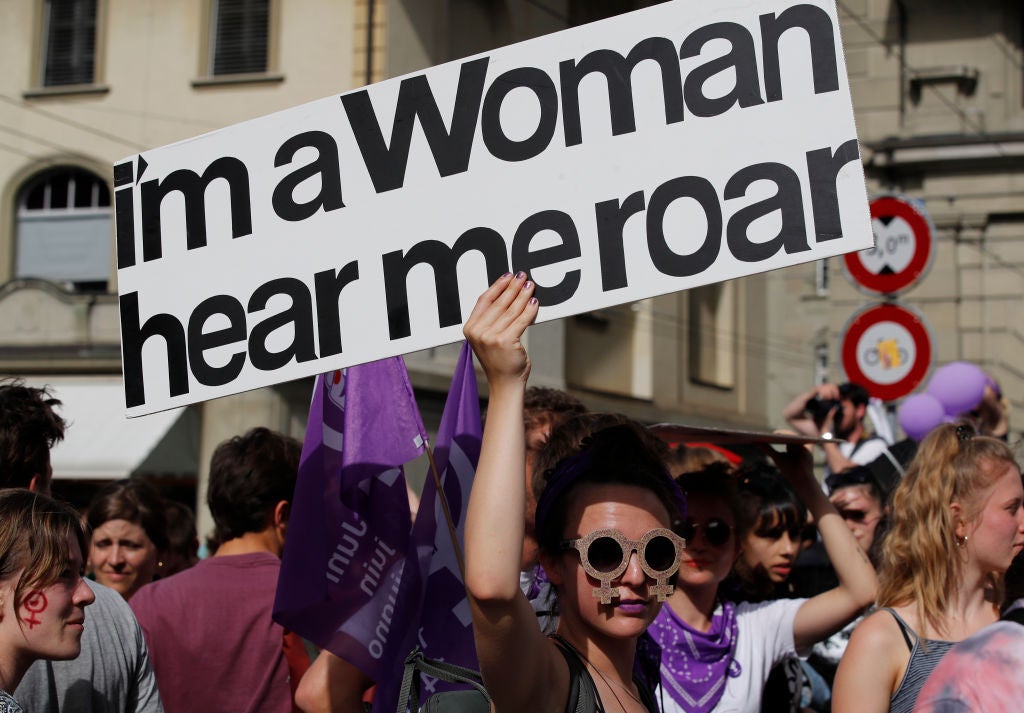As International Women’s Day is observed globally on 8 March, the question of how much there is to celebrate at this moment in time is open. Consider the grim prognosis of the World Economic Forum’s (WEF) Gender Gap Report 2020, which stated if progress continues at the current pace, it will take 257 years to close the economic participation gender gap.
While advancement on gender equality continues in the corporate realm, the wheels of progress churn slowly. Major international companies are improving their gender equality reporting and policies, but big gaps remain, especially in parts of the developing world and transition economies. Globally, 70% of the world’s 5,000 largest multinational enterprises (MNEs) report on gender equality. More than 80% of these MNEs report having a diversity policy. However, women’s representation remains “unequal at every level”, according to the World Investment Report 2020 from the UN Conference on Trade and Development.
Is the will there to tackle gender inequality?
Awareness of the need to improve the situation is there, even if there is not a universal acceptance of the severity of the imbalance. Gender equality and female empowerment is enshrined as the fifth of the 17 Sustainable Development Goals (SDGs) set out by the UN. However, it is widely assumed that none of the goals will be achieved by their target date of 2030 and the Covid-19 crisis will likely put them even further out of reach. That includes goal number five.
The UN sounded a dire warning in a 2020 status update. “The goal is probably even more distant than before, since women and girls are being hit hard by the Covid-19 pandemic. The crisis is creating circumstances that have already contributed to a surge in reports of violence against women and girls… Moreover, women are more likely to take on additional care work owing to the closure of schools and day-care centres. They are also on the frontlines in fighting the virus, since women account for nearly 70% of health and social workers globally.”
According to a McKinsey report, women’s jobs are 1.8 times more vulnerable to the pandemic than those held by men. It also reveals that women account for 39% of global employment, but have suffered 54% of overall job losses since the pandemic started. There is much at stake: another report from McKinsey estimates that advancing female equality can add $12trn to global growth by 2025.
The connection between FDI and gender
FDI and gender equality are intrinsically linked. Analysis by Investment Monitor found that regions that score poorly for gender equality also struggle to attract FDI – a situation exacerbated on both fronts by the Covid-19 crisis.

US Tariffs are shifting - will you react or anticipate?
Don’t let policy changes catch you off guard. Stay proactive with real-time data and expert analysis.
By GlobalDataThe geographical gender divide will need to be bridged. As Marguerite Soeteman-Reijnen, the chairman of the executive board at Aon Holdings and global chief marketing officer at Aon Inpoint, highlights in an interview, while most developed countries are pushing for more diversity, it is also crucial to focus on developing countries, where women might face more challenges in terms of financial inclusion and other aspects. “Making sure that there is the right infrastructure to assist all people is key, but [it is particularly important] for female entrepreneurs for promoting financial inclusion in developing areas,” she says.
Conscious of the need to accelerate progress – and the economic benefits associated with narrowing the gender divide – some developing countries have prioritised the issue. Egypt, for example, has launched a ‘gender gap’ accelerator: a public-private platform focused on the objectives of increasing female employment, adding more women in leadership positions and achieving greater pay parity. “This is not just about getting more rights; it is about an effective economic resource being utilised efficiently to create more economic growth, jobs and productivity,” Egypt’s Minister of International Cooperation, Dr Rania Al-Mashat, tells Investment Monitor. “Women’s participation in the economy is macro-critical.”
The good news is any increase in FDI can potentially give a boost to gender equality efforts. “This drop in FDI and other impacts arising from the pandemic are affecting the progress of SDG5,” writes Investment Monitor’s ESG editor Sofia Karadima. “Nevertheless, FDI remains an important tool for boosting women’s welfare, gender equality and their financial inclusion, (which comes about as a result of the new jobs created through FDI projects). This happens when women are given more access to both skilled and unskilled jobs, which improves female participation in the labour force, especially in the formal sector, and supports their empowerment.”
As a result, more investment promotion agencies are putting gender policies at the heart of what they do, by ensuring the FDI operations they attract have a positive impact on gender equality and by promoting gender parity within the agencies themselves. Costa Rica is one such case: the country is overtly positioning gender equality as a core value in its national economic agenda and investment agency CINDE has set an ambitious goal for 50% of employment generated by companies attracted by the agency to go to women.
Results are promising. Of the 15,000 new jobs created in 2020, 49% were held by women. Female employment makes up 44% of the companies supported by CINDE, compared with 40% of the national workforce. A virtuous circle does seem to have been created: Costa Rica ranks 13th globally in the WEF’s Gender Gap Report 2020, ahead of the likes of the UK and the US. It is also among the more successful countries in its region for attracting FDI and moving up the value chain.
Home page image by Stefan Wermuth/AFP via Getty Images




